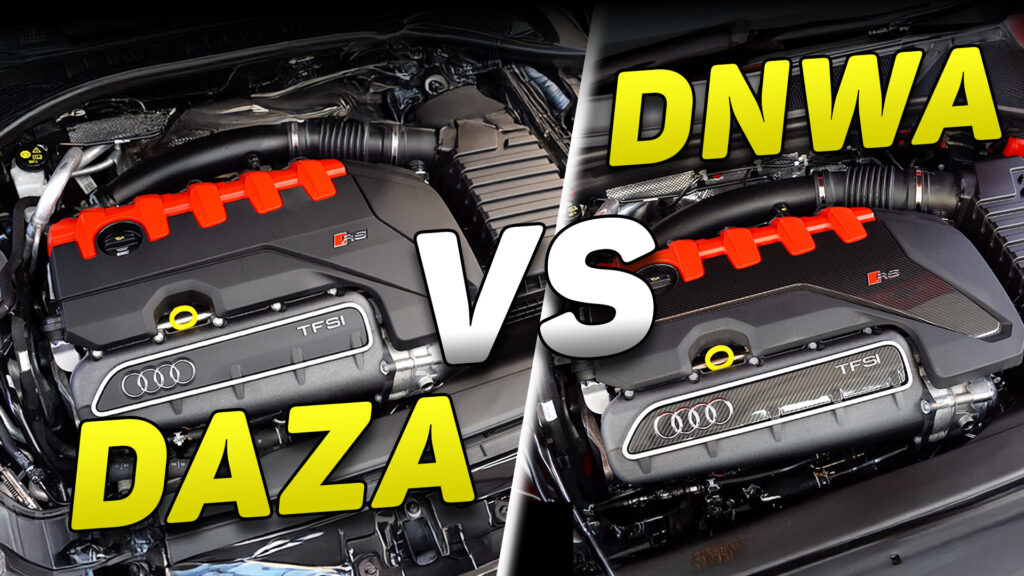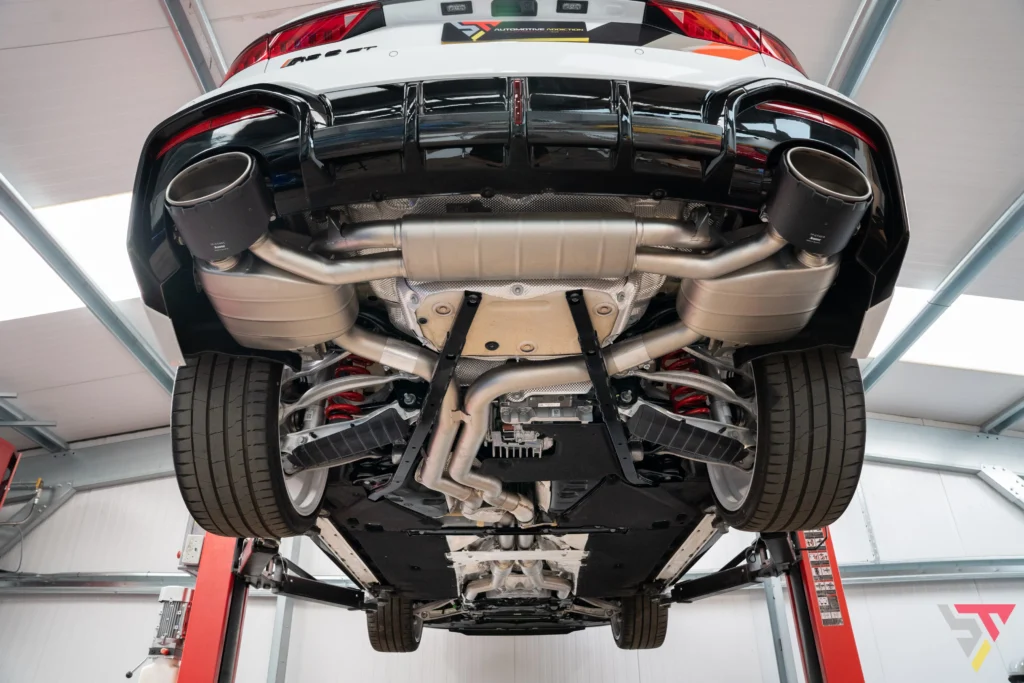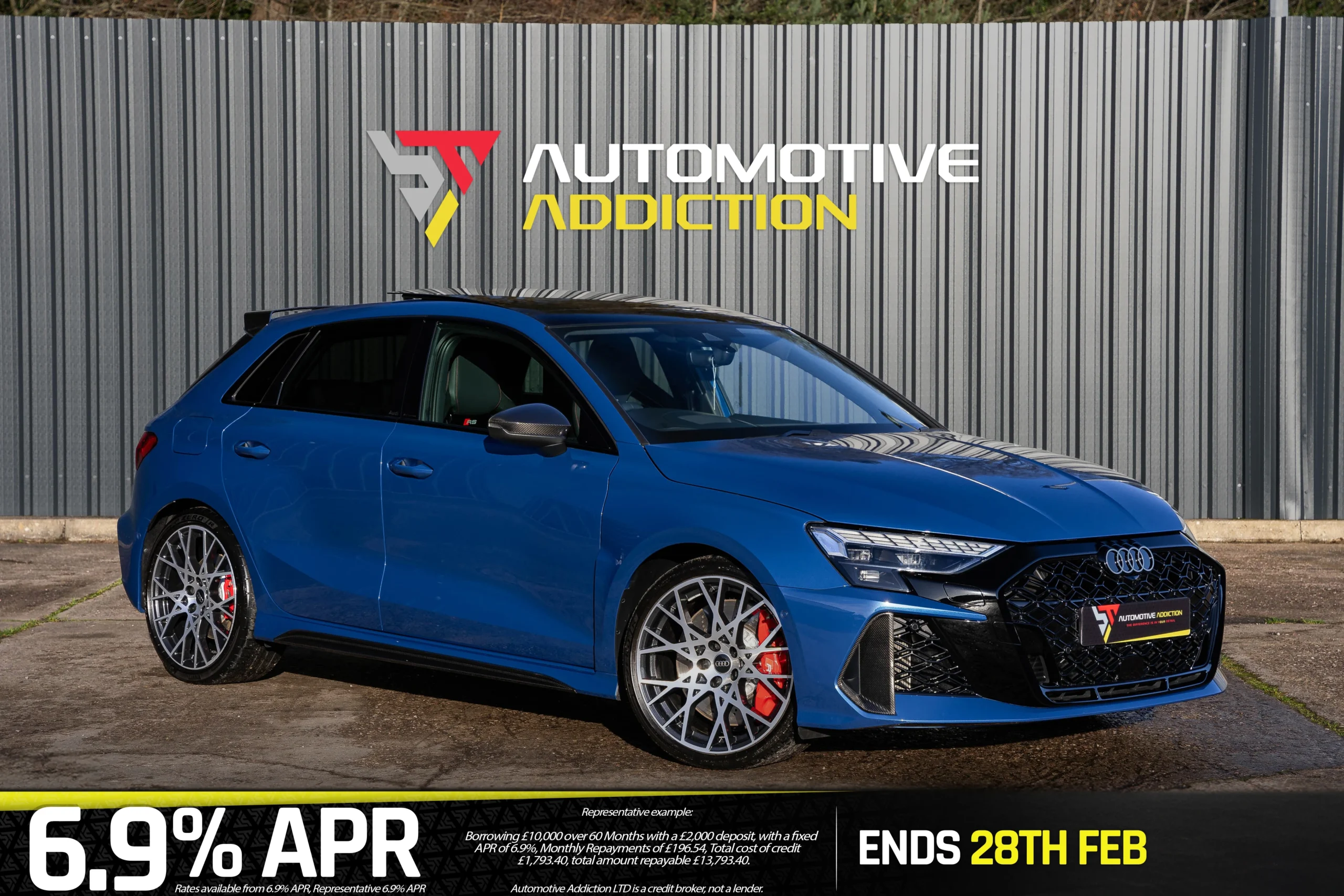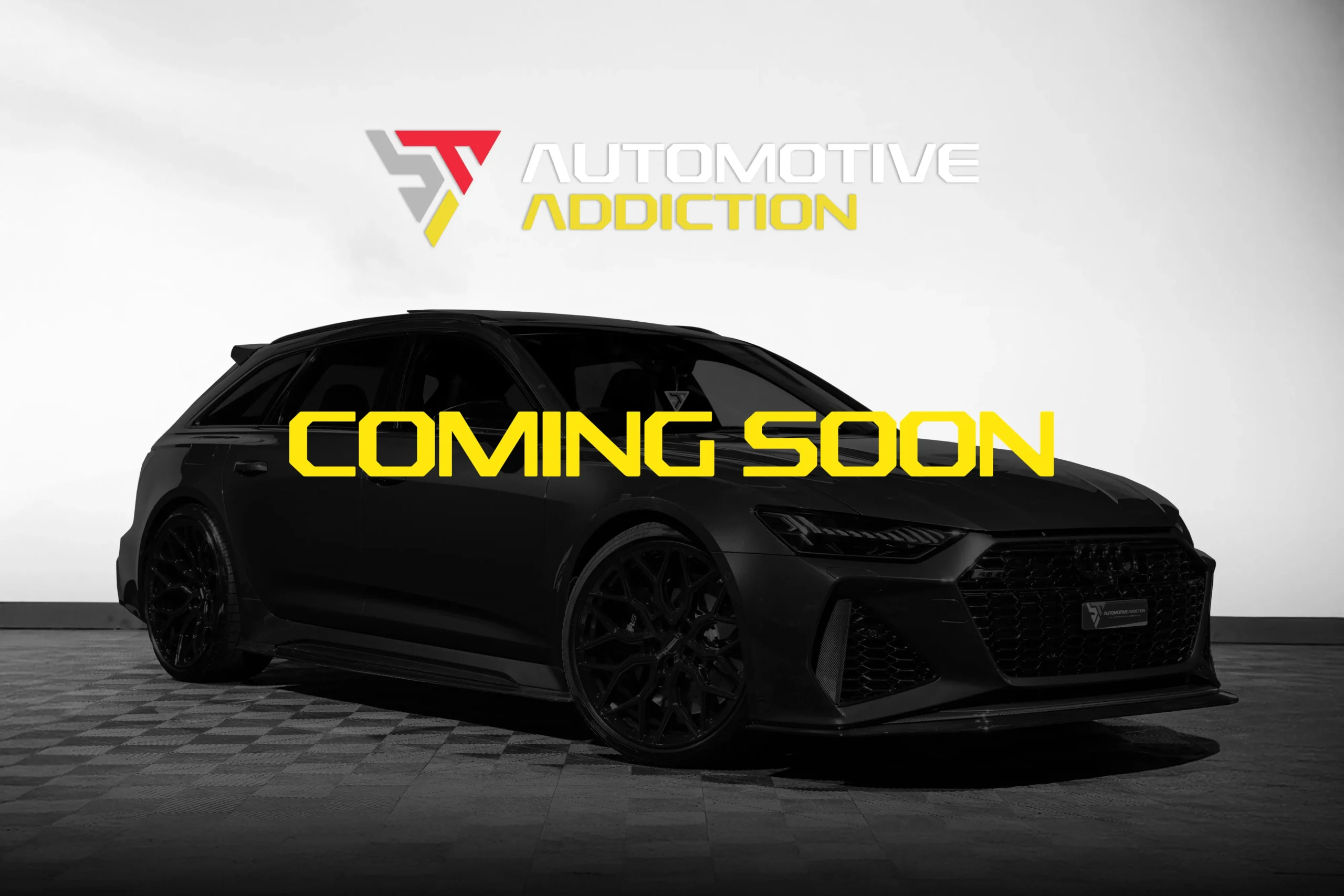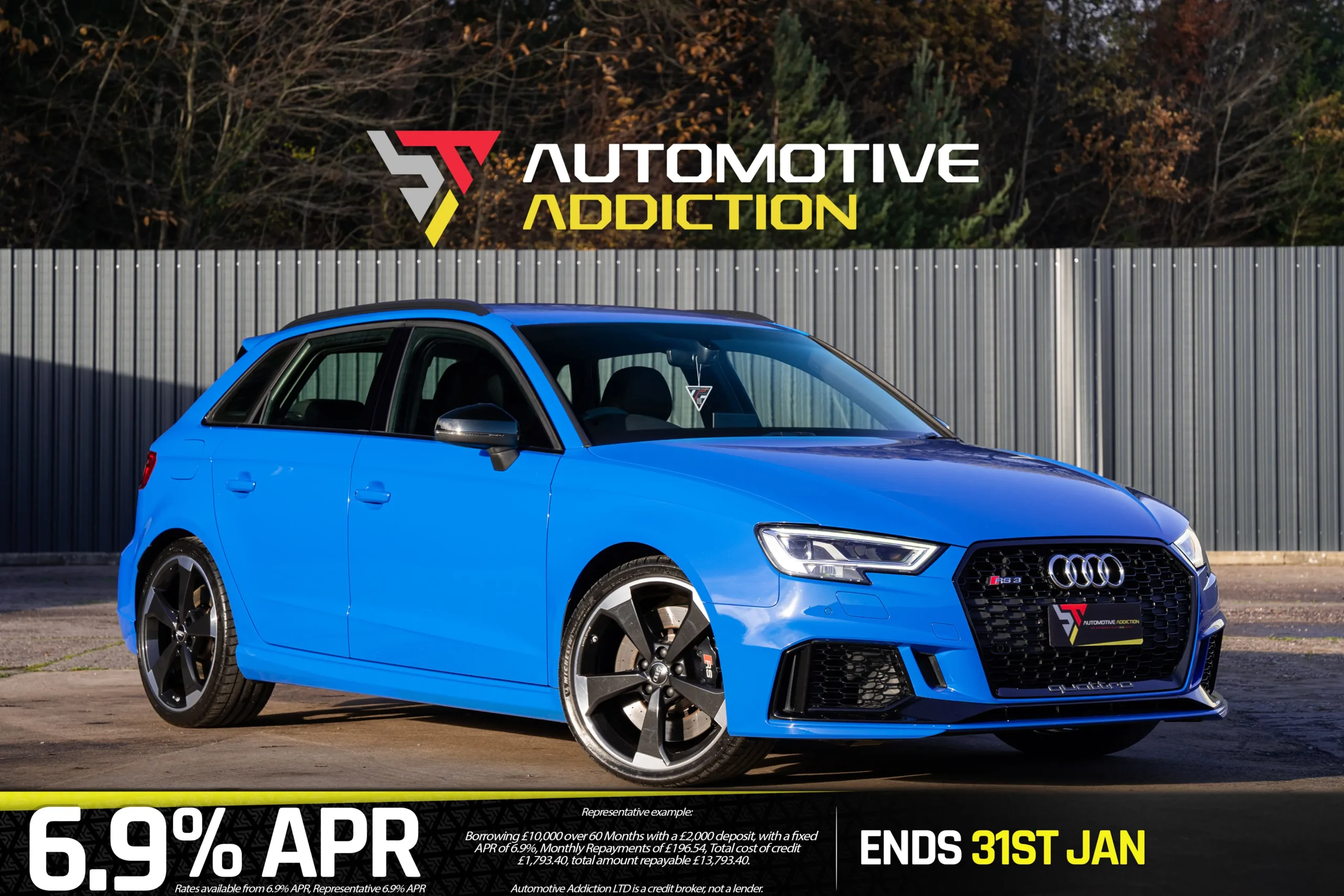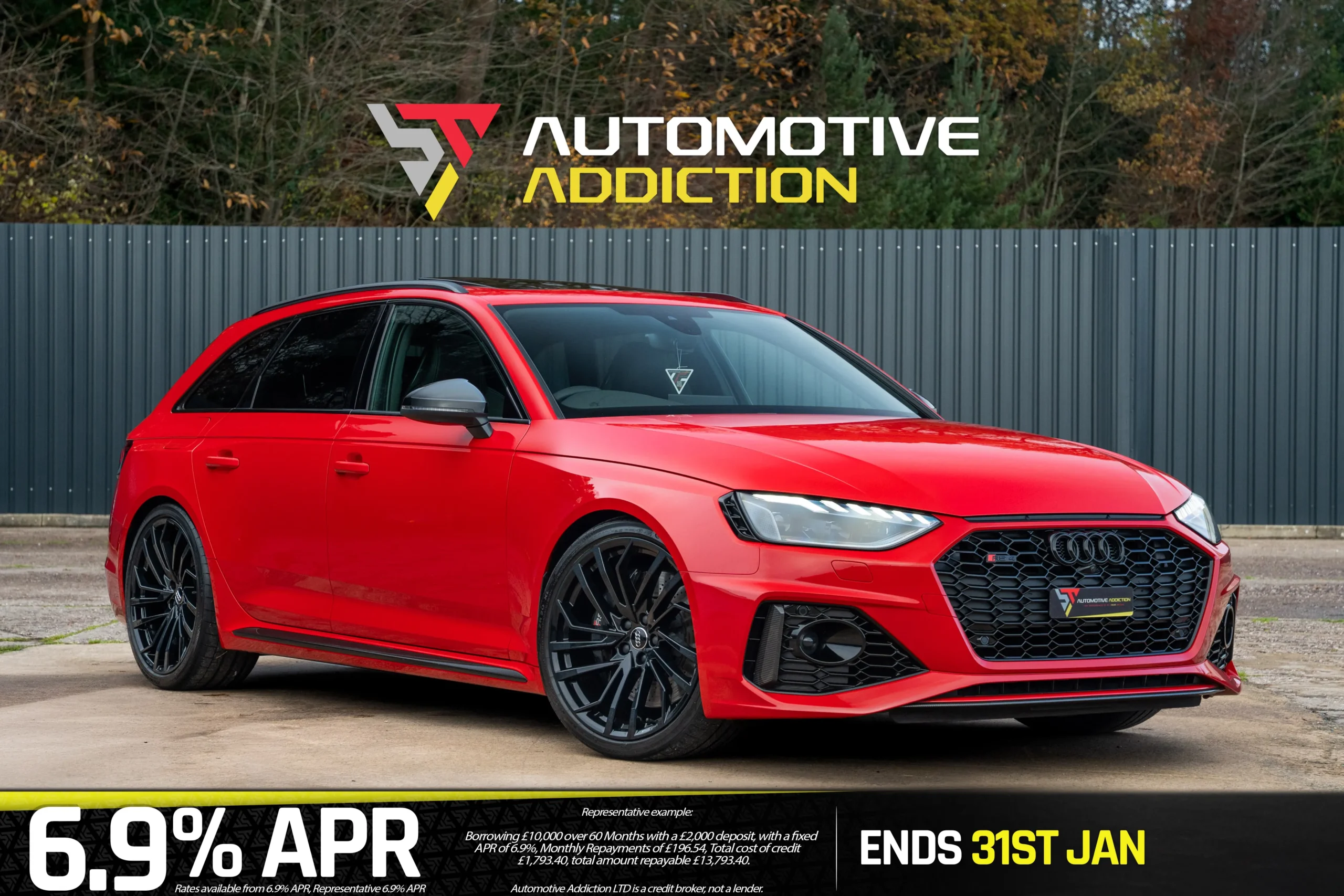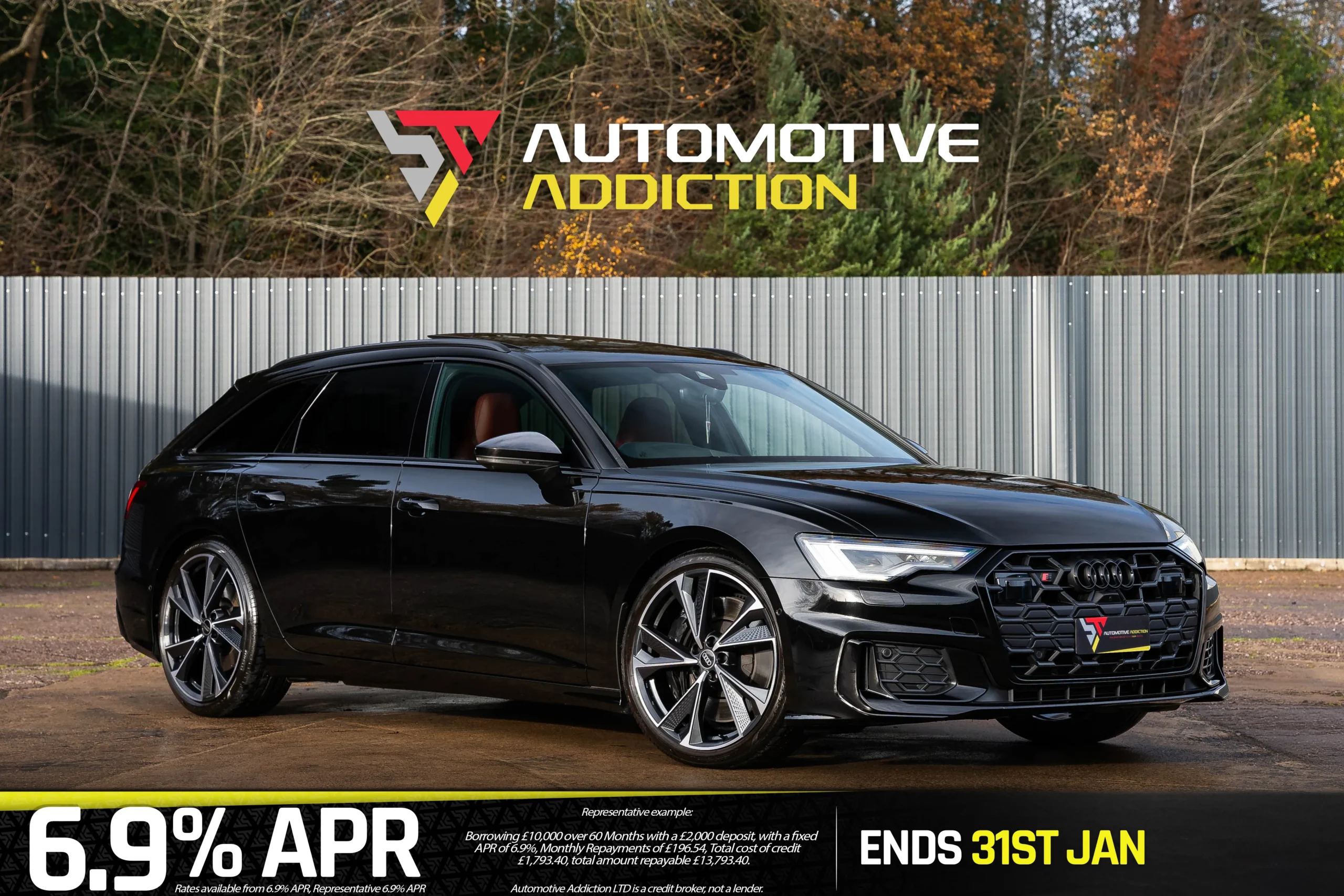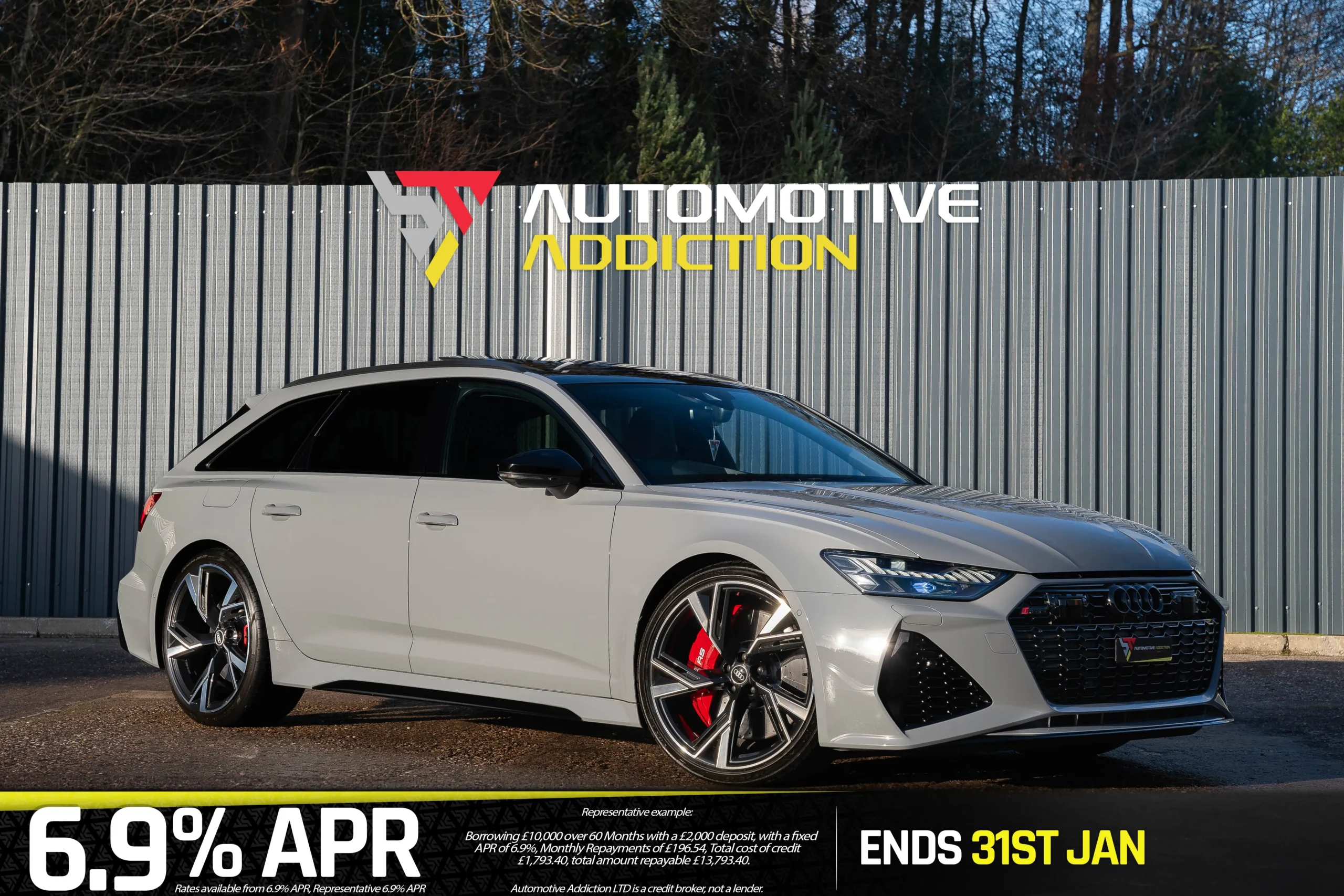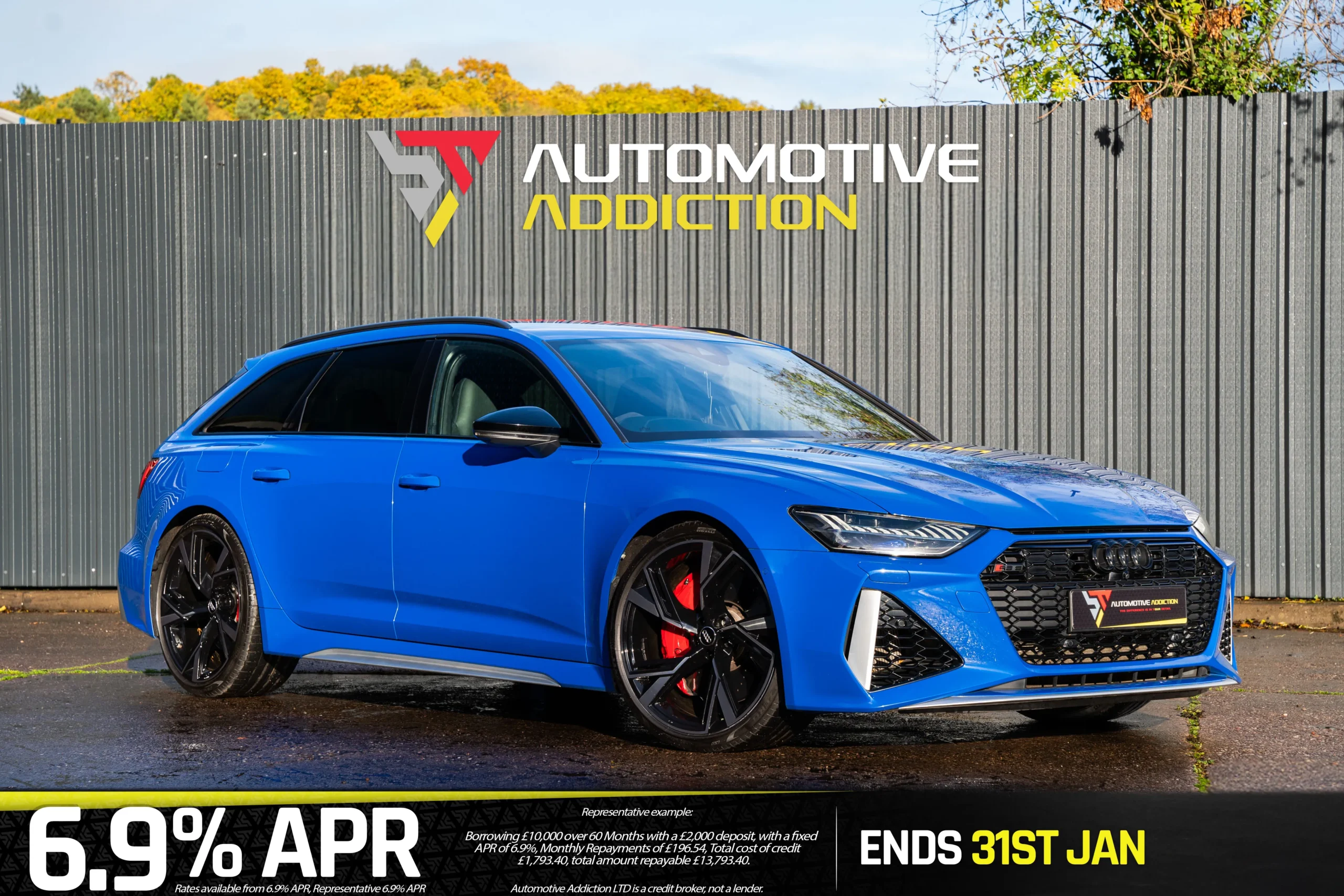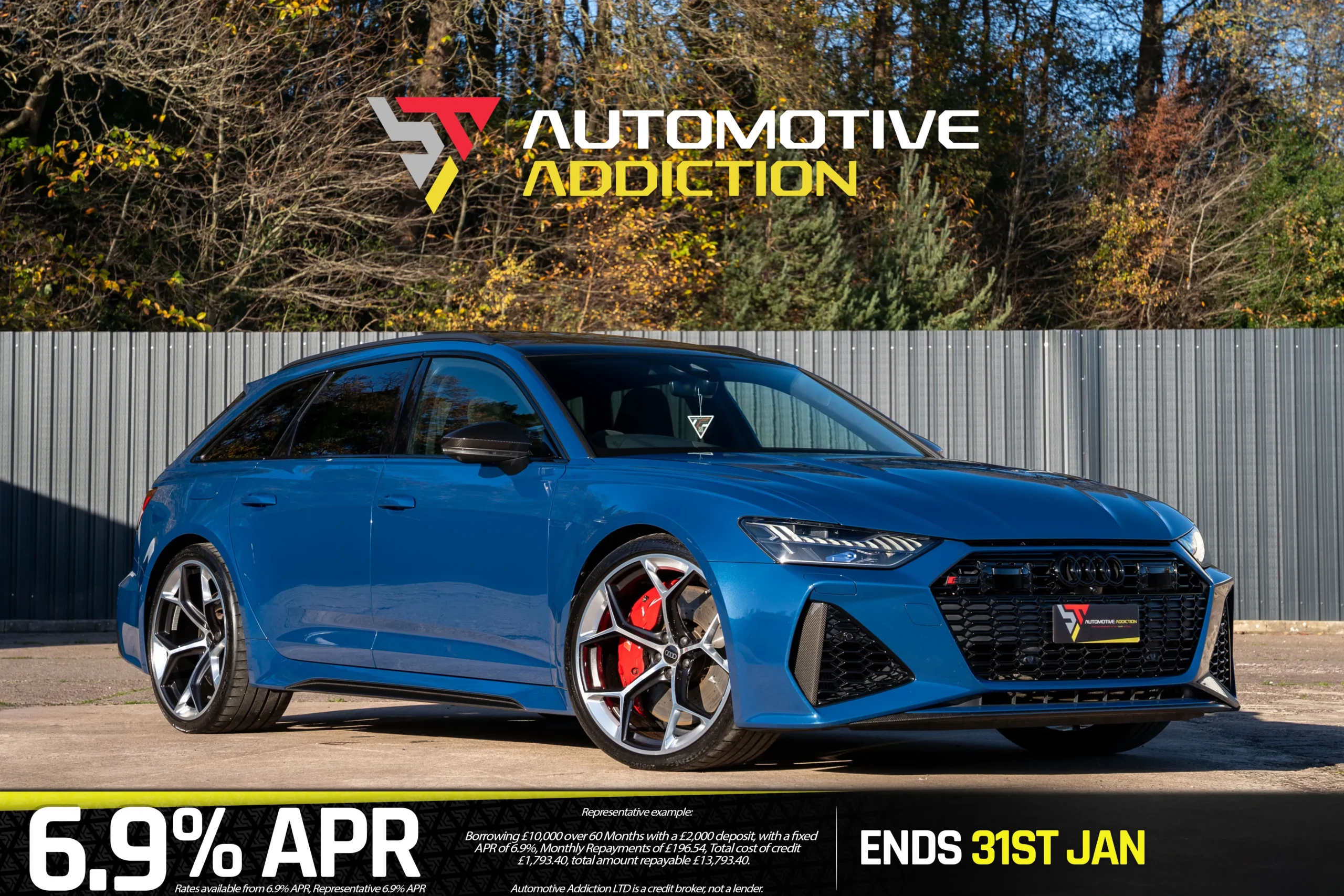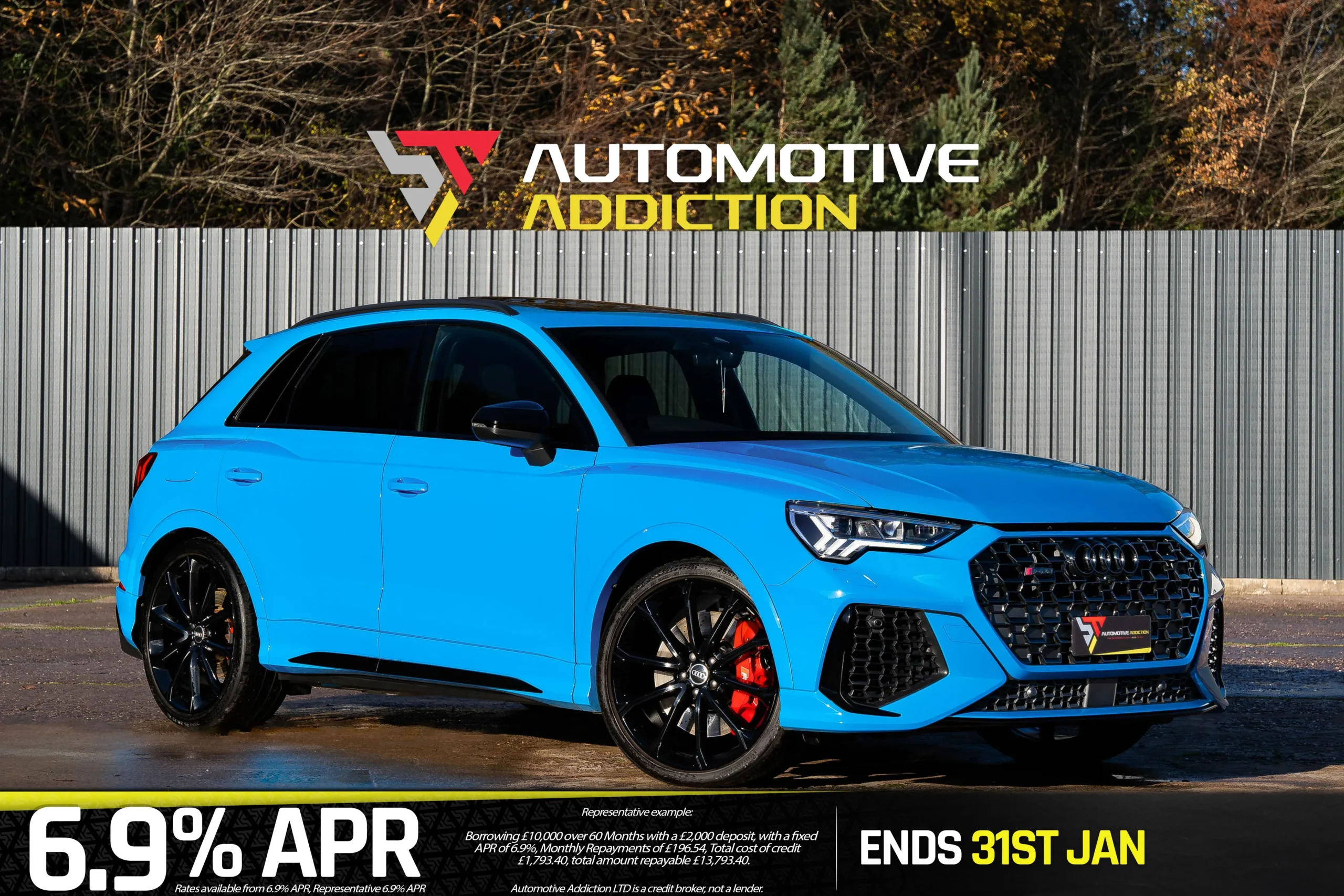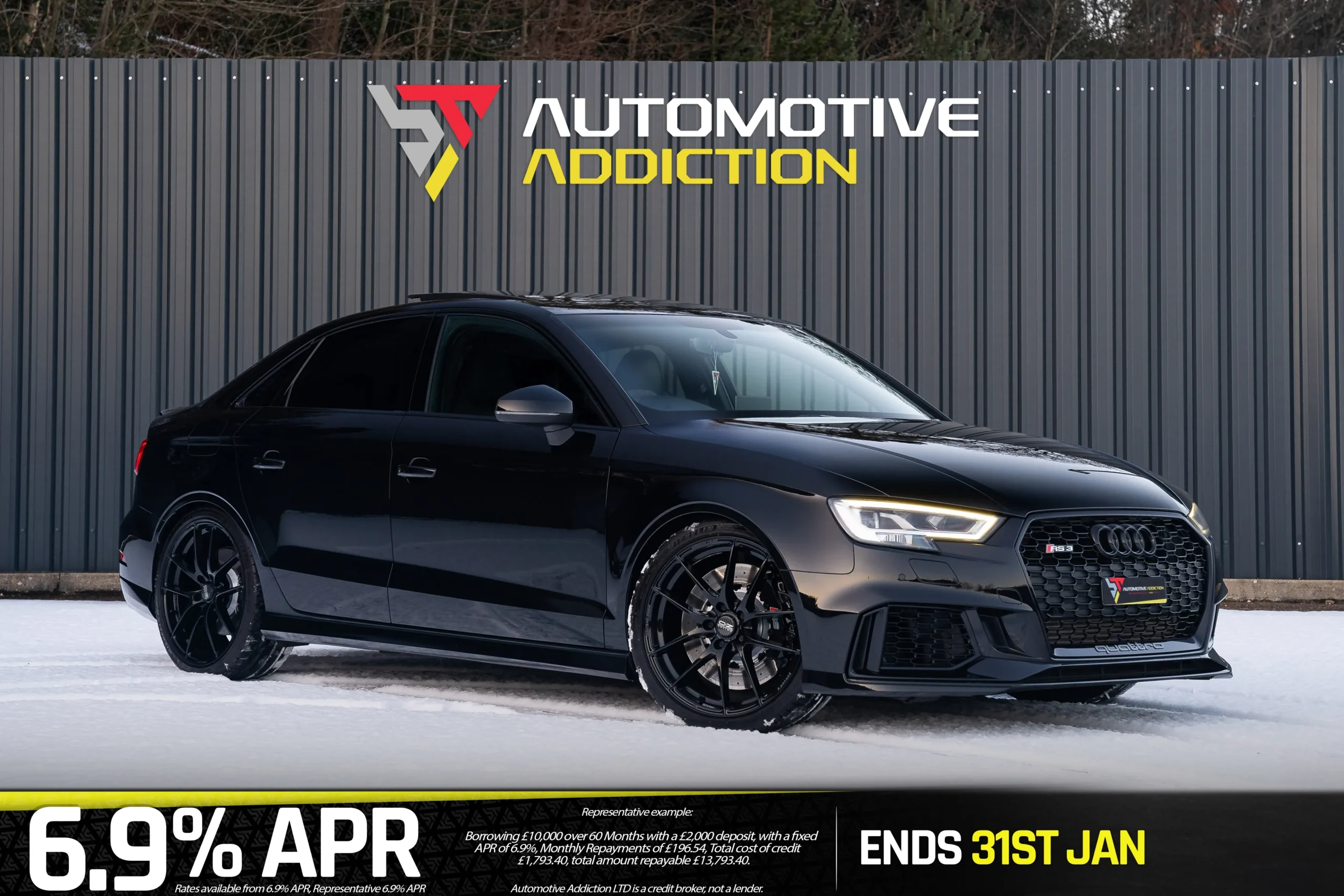As global concerns about climate change and environmental degradation continue to mount, the automotive industry is shifting gears. Once a primary contributor to CO₂ emissions, the sector is now making bold moves toward sustainability. At Automotive Addiction, we’re passionate about high-performance vehicles – but we’re just as passionate about a future where those cars exist in harmony with the planet. From hybrid hypercars to carbon-neutral factories, carmakers are investing heavily in eco-friendly practices such as electric vehicles. This article takes a deep dive into how major manufacturers are redefining their commitment to sustainability and what it means for enthusiasts and everyday drivers alike.
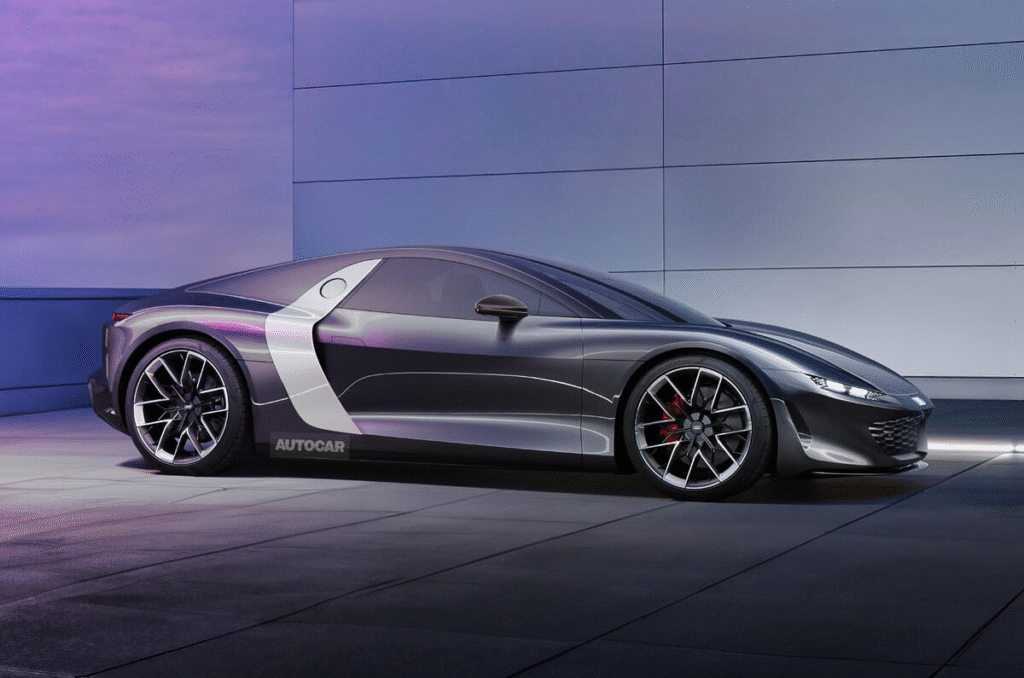
Audi’s Electrified Evolution: The R8’s Hybrid Future
Audi has been at the forefront of integrating electric vehicles into its high-performance lineup, and the iconic R8 is the latest to undergo transformation. Audi has confirmed that the next generation of the R8 will be a hybrid, marking the end of the pure internal combustion V10 era. Though details remain limited, insiders suggest the hybrid R8 will feature a powerful V8 engine combined with electric motors for added torque and efficiency. This marks a major step for Audi’s sustainability roadmap, which includes becoming a net-zero carbon emitter by 2050.
Audi’s commitment doesn’t end with hybrids. The company’s EV-focused e-tron lineup is expanding rapidly, and production facilities such as the Brussels factory – where the Audi Q8 e-tron is built – are already certified as carbon-neutral. Audi’s use of renewable energy and push for closed-loop recycling systems demonstrates a holistic approach to sustainability.
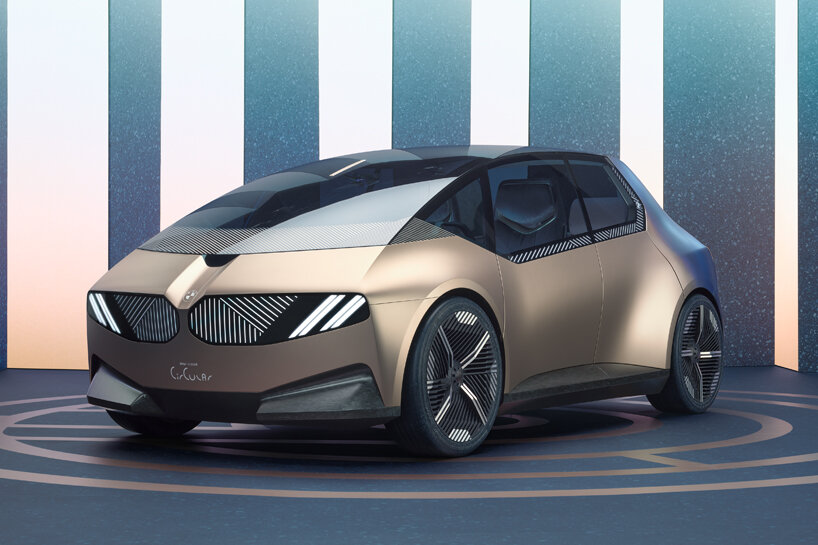
BMW: Circular Economy and Electrification
BMW’s sustainability strategy revolves around its Circular Economy concept. The company aims to use more secondary materials (recycled content) and less raw material across its vehicle lineup. This principle is already being applied in the development of the Neue Klasse, a next-gen electric platform launching late 2025. BMW is investing heavily in battery recycling technologies and sustainable sourcing of materials like lithium, cobalt, and nickel.
In terms of electrification, BMW is rolling out electric vehicles variants across its model range, from the compact iX1 to the powerful iX M60. The company plans for at least 50% of its global sales to be fully electric by 2030.
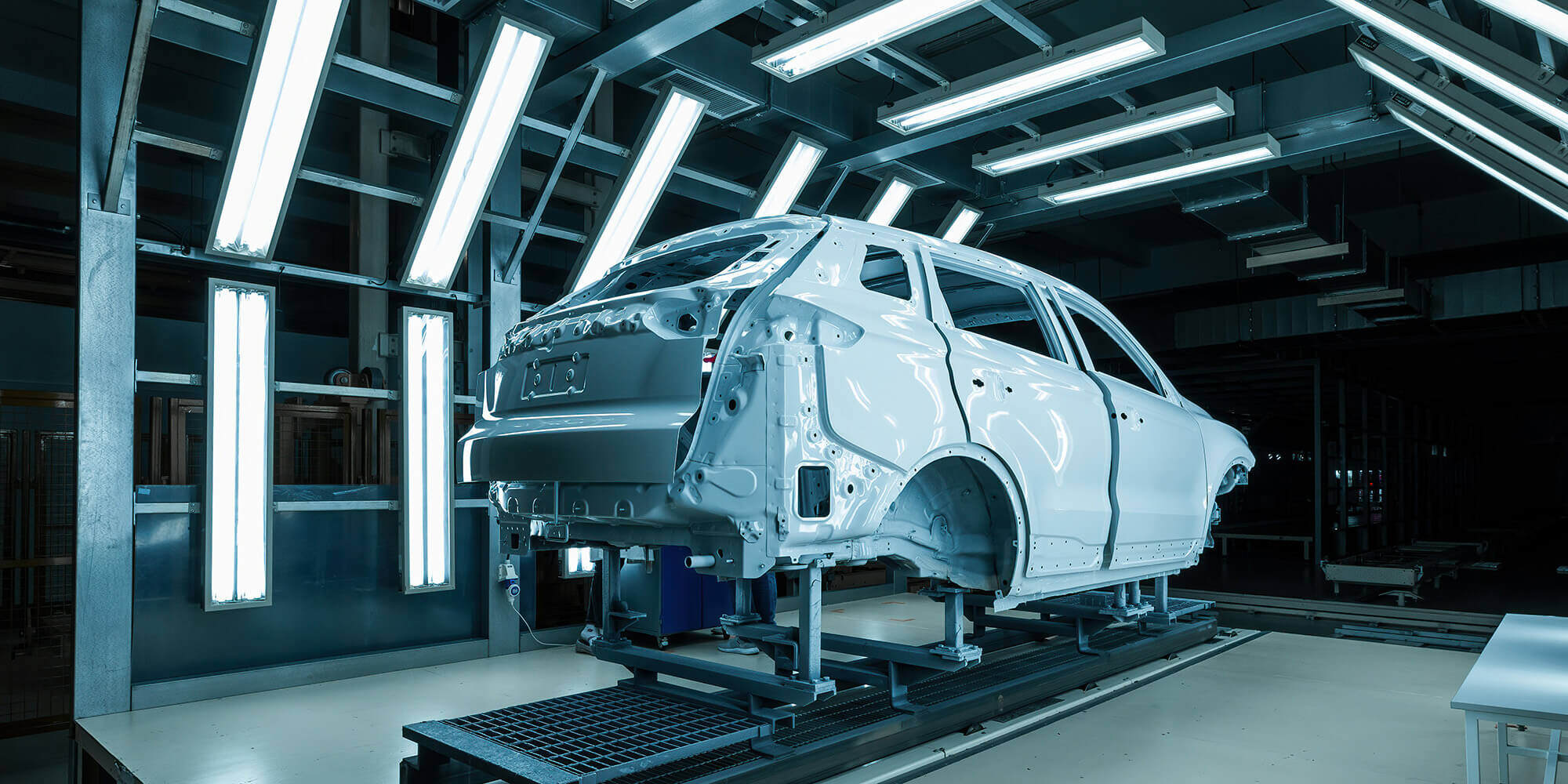
Mercedes-Benz: From ICE to EV with Ambition 2039
Mercedes-Benz has outlined a clear roadmap called “Ambition 2039,” which targets carbon neutrality across its entire value chain – from development to supply, production, and the entire life cycle of its vehicles – by the year 2039. The EQ series, such as the EQE and EQS, are cornerstones of this transformation. One standout initiative is the Factory 56 production facility in Sindelfingen, Germany. It’s one of the world’s most advanced car factories, using renewable energy and producing zero carbon emissions. In addition, the company is moving toward sustainable battery technologies, including solid-state batteries and recycling initiatives.
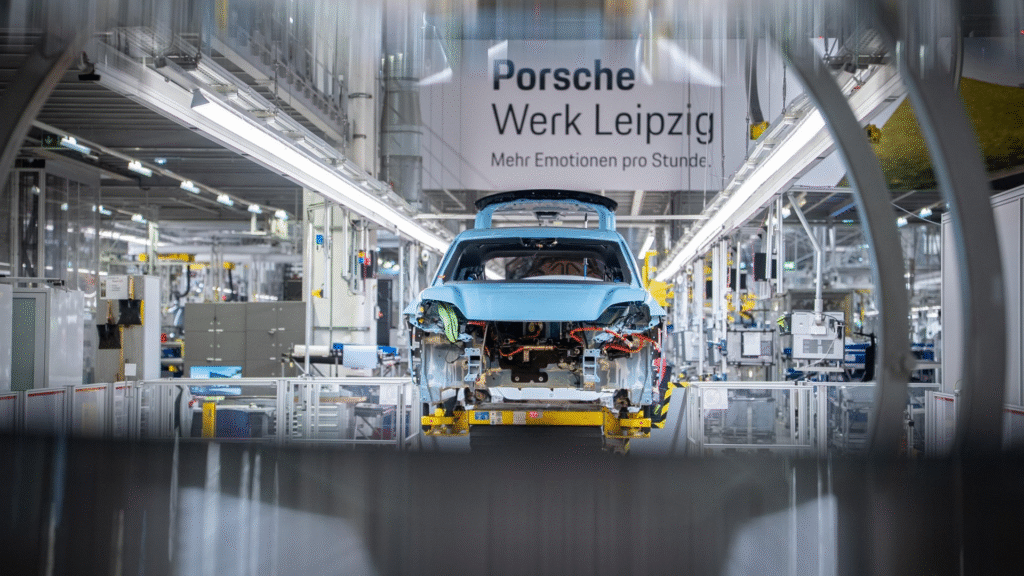
Porsche: Green Performance with E-Fuels and Electrification
Porsche, known for its high-performance sports cars, is embracing a dual approach: electrification and synthetic fuels. The Taycan, Porsche’s all-electric sedan, has been a commercial success and a critical milestone for the brand, while it continues to expand its electric line up with full electric versions of the Macan Turbo too. Meanwhile, Porsche is investing in e-fuels – synthetic fuels created using renewable electricity, hydrogen, and CO₂ extracted from the atmosphere. This allows internal combustion engines to operate with significantly reduced net emissions.
The company has partnered with Siemens Energy and other firms to develop e-fuel production facilities in Chile, a country rich in renewable energy resources. These fuels could prolong the life and relevance of classic and performance Porsches while drastically cutting emissions.
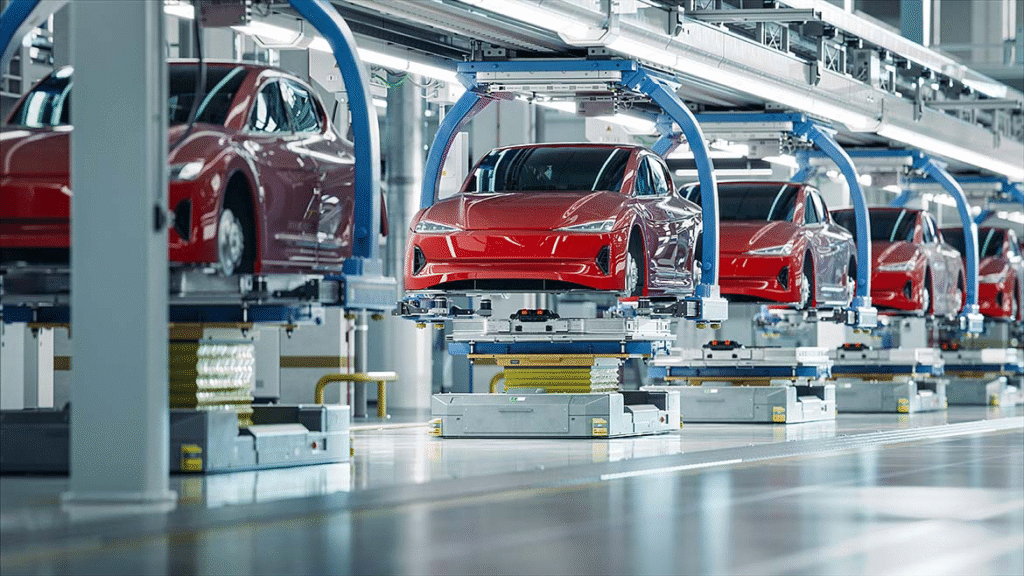
Tesla: Leading the Charge
No conversation about sustainable cars would be complete without mentioning Tesla electric vehicles. As a pioneer of electric mobility, Tesla has fundamentally reshaped how we think about driving performance and emissions. Tesla’s Gigafactories utilize solar energy and closed-loop battery recycling. The company is also investing in autonomous driving, which promises to optimize traffic flow and reduce energy consumption in the long term.
What sets Tesla apart is its vertically integrated approach. By controlling everything from battery development to software updates, Tesla reduces waste and improves sustainability across the product lifecycle.
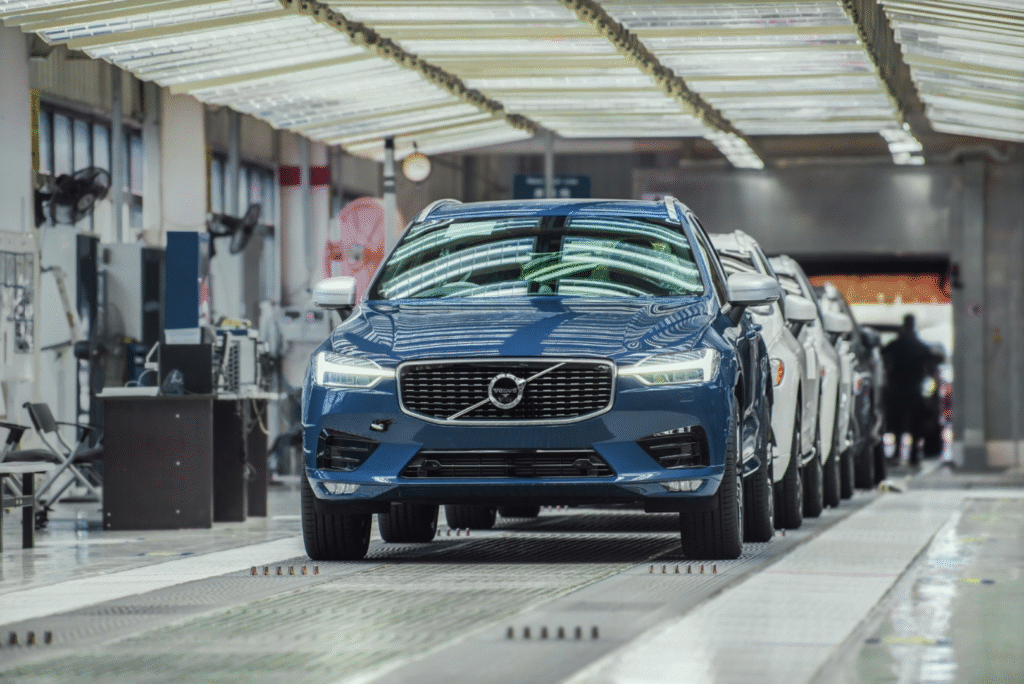
Volvo: Clean Cars and Climate Goals
Volvo has been one of the most vocal proponents of a sustainable future. The company aims to become climate-neutral by 2040 and already offsets the carbon footprint of every new electric vehicles it sells. Volvo’s XC40 Recharge and C40 Recharge are built in climate-neutral plants and feature interiors made from sustainable materials, including recycled PET bottles and bio-based plastics.
Moreover, Volvo has committed to full electrification by 2030 and is eliminating leather from its vehicles as part of its animal welfare and environmental protection goals.
Polestar: Radical Transparency
Polestar, Volvo’s performance EV spin-off, is setting new standards in sustainability transparency. The Polestar 2 already features significant use of recycled materials, but the brand’s long-term goal is even more ambitious: to produce the first truly climate-neutral car by 2030.
Through its Polestar 0 Project, the brand is openly documenting its journey, providing full lifecycle emissions data and encouraging other manufacturers to follow suit. Polestar uses blockchain digital ledger technology that records transactions to ensure transparency and traceability in its supply chain, particularly for conflict minerals.
Toyota: Hydrogen and Hybrid Leadership
Toyota was a pioneer of hybrid technology with the Prius and continues to lead in sustainable innovation. In addition to hybrids and plug-in hybrids across its lineup, Toyota is doubling down on hydrogen fuel cell technology. The Mirai, a hydrogen-powered sedan, emits only water vapor and has a refueling time of under five minutes – making it a compelling alternative to battery EVs.
Toyota also emphasizes lifecycle sustainability. Its production facilities implement zero-landfill policies and reuse water and materials extensively. While some critics say Toyota has been slow to embrace full electrification, the company’s diversified approach ensures it can adapt to regional infrastructure and energy needs.
Ford: Electrifying Icons
Ford has successfully blended tradition with transformation. The electric Mustang Mach-E and F-150 Lightning prove that American performance and utility vehicles can go green without losing their appeal.
Ford’s sustainability efforts include using recycled plastics in manufacturing, investing in battery recycling, and committing to 100% carbon neutrality by 2050. The company is investing $11 billion in new EV facilities, including a new battery manufacturing hub in Tennessee.
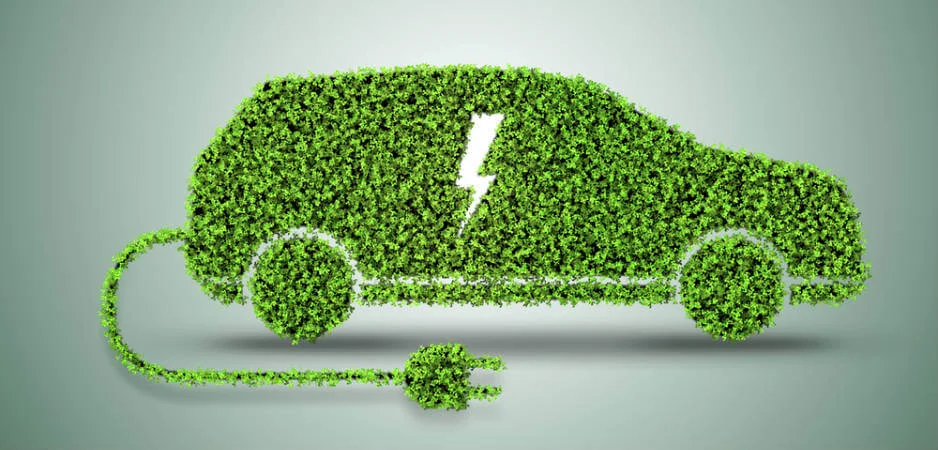
Sustainable Materials and Eco-Manufacturing
Beyond drivetrain technologies, sustainability in the automotive world includes materials, manufacturing, and logistics. Many manufacturers are replacing traditional materials with bio-based and recycled alternatives:
Recycled aluminum and steel reduce the energy needed for extraction.
Natural fibre composites (like hemp and flax) replace plastic and carbon-fibre panels.
Vegan interiors are becoming the norm, replacing animal leather with sustainable alternatives like Dinamica, AppleSkin, and cactus leather.
On the manufacturing side, more factories are adopting renewable energy, zero-waste production cycles, and green logistics strategies. BMW’s Leipzig plant, for instance, uses wind turbines to power production.
Consumer Role and Future Outlook
As consumers become more eco-conscious, manufacturers must adapt – not just in building greener cars, but also in transparency, supply chain ethics, and recyclability. Government policies and emissions regulations further push companies to innovate. Incentives for EV purchases, CO₂ taxation, and bans on ICE sales (like the UK’s 2035 deadline) are all accelerating change.
At Automotive Addiction, we’re excited by this evolution. The rise of electrified performance models, like the upcoming hybrid Audi R8, shows that passion and performance need not come at the planet’s expense. Enthusiasts can still enjoy driving while supporting a greener future.
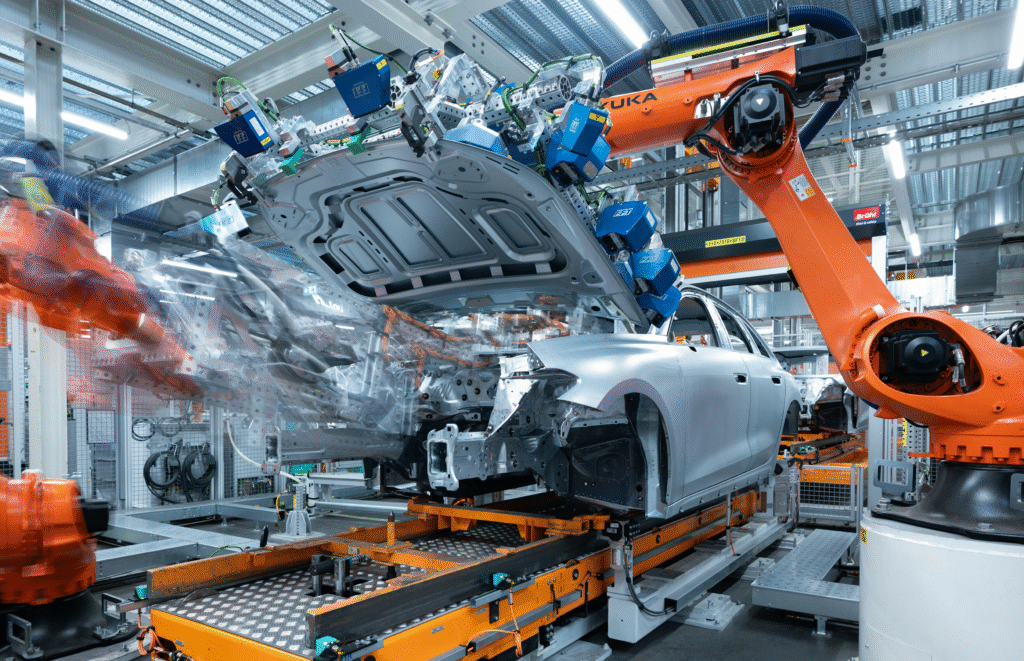
Final Thoughts
The road to sustainability is complex, and no single solution will dominate. From EVs to hybrids, hydrogen to e-fuels, the industry is exploring multiple paths. What matters is the shared commitment to reducing the automotive industry’s environmental footprint. Whether you’re in the market for a hybrid Audi R8 or just curious about the latest EV tech, there’s never been a better time to learn how cars are going green.
If you’re considering making the switch to a more eco-conscious vehicle or want to explore the latest sustainable performance cars, Automotive Addiction is here to guide you. Reach out today, and let’s drive into a cleaner, greener tomorrow – together.

